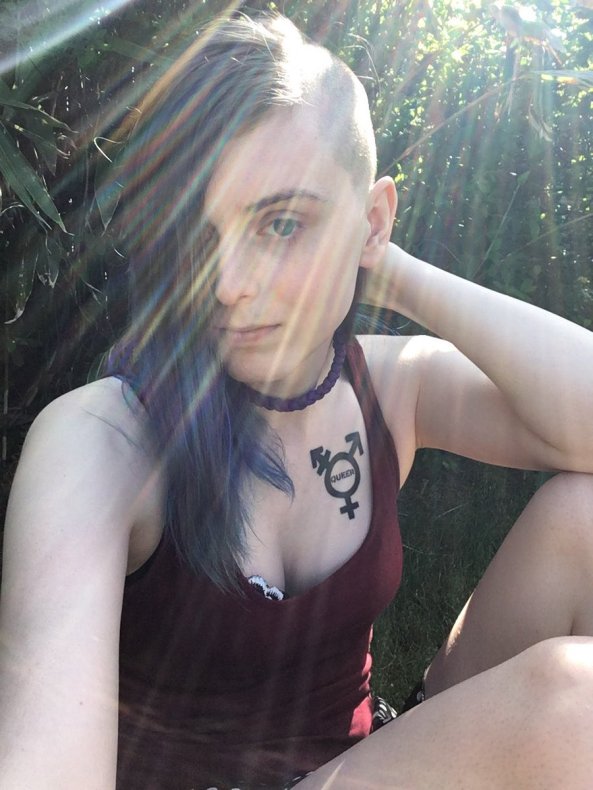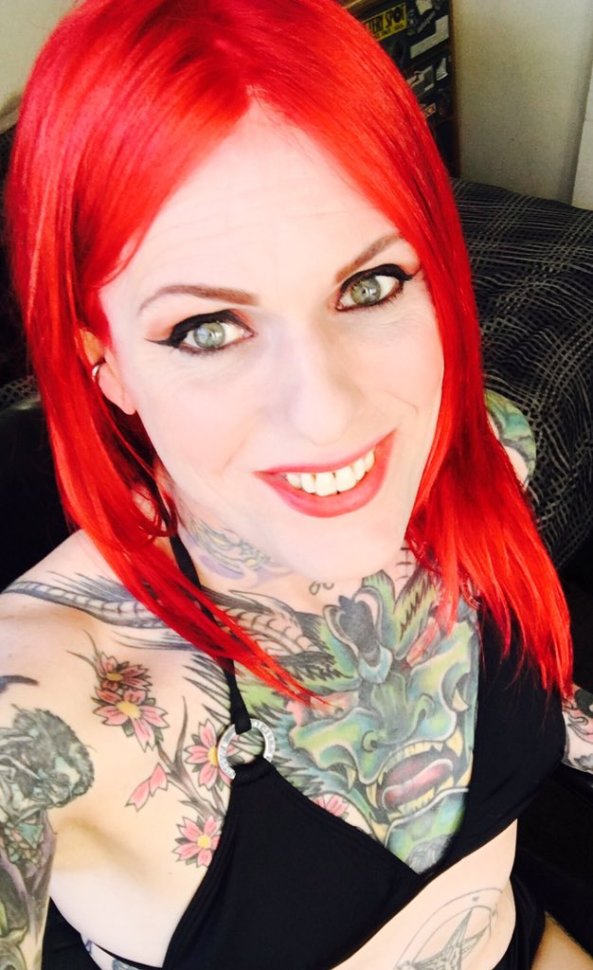
TransEthics: When you first came out as transgender, how did your friends and family react?
Jelena Vermilion: When I first came out as Trans, my folks and family were decently accepting. They all had their own biases and preconceptions about trans people, so obviously it wasn’t perfect. I can say they’ve tried to learn and understand those things. I also think that given who I was growing up, they sort of expected something like it, given my nature.
I was a pretty interesting kid… I played with dolls, read books, built things, destroyed things, did puzzles, watched Sailor Moon, etc… Without giving too much credence to the binary, I was deemed pretty “feminine” growing up by mainstream cis standards. I was very sensitive. I cried a lot growing up, and I always seemed to get picked on. I imagine my parents thought I would be gay before they thought I would be a girl. Continue reading →











You must be logged in to post a comment.